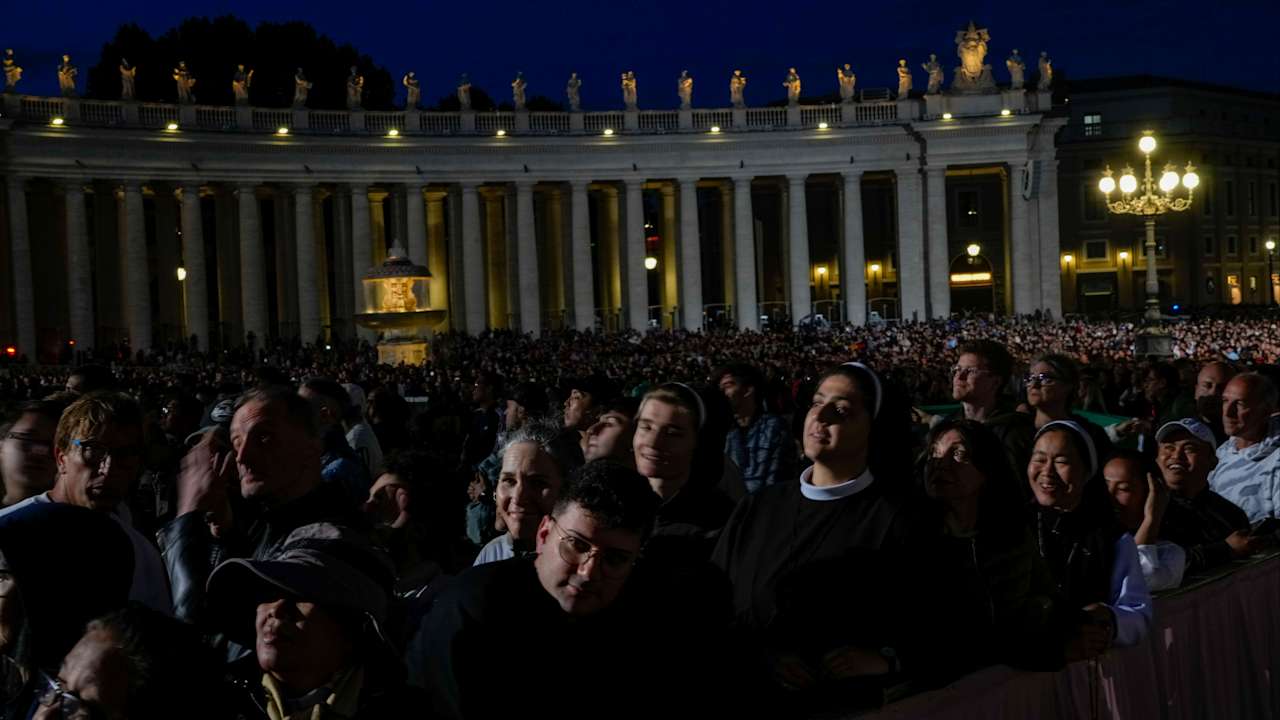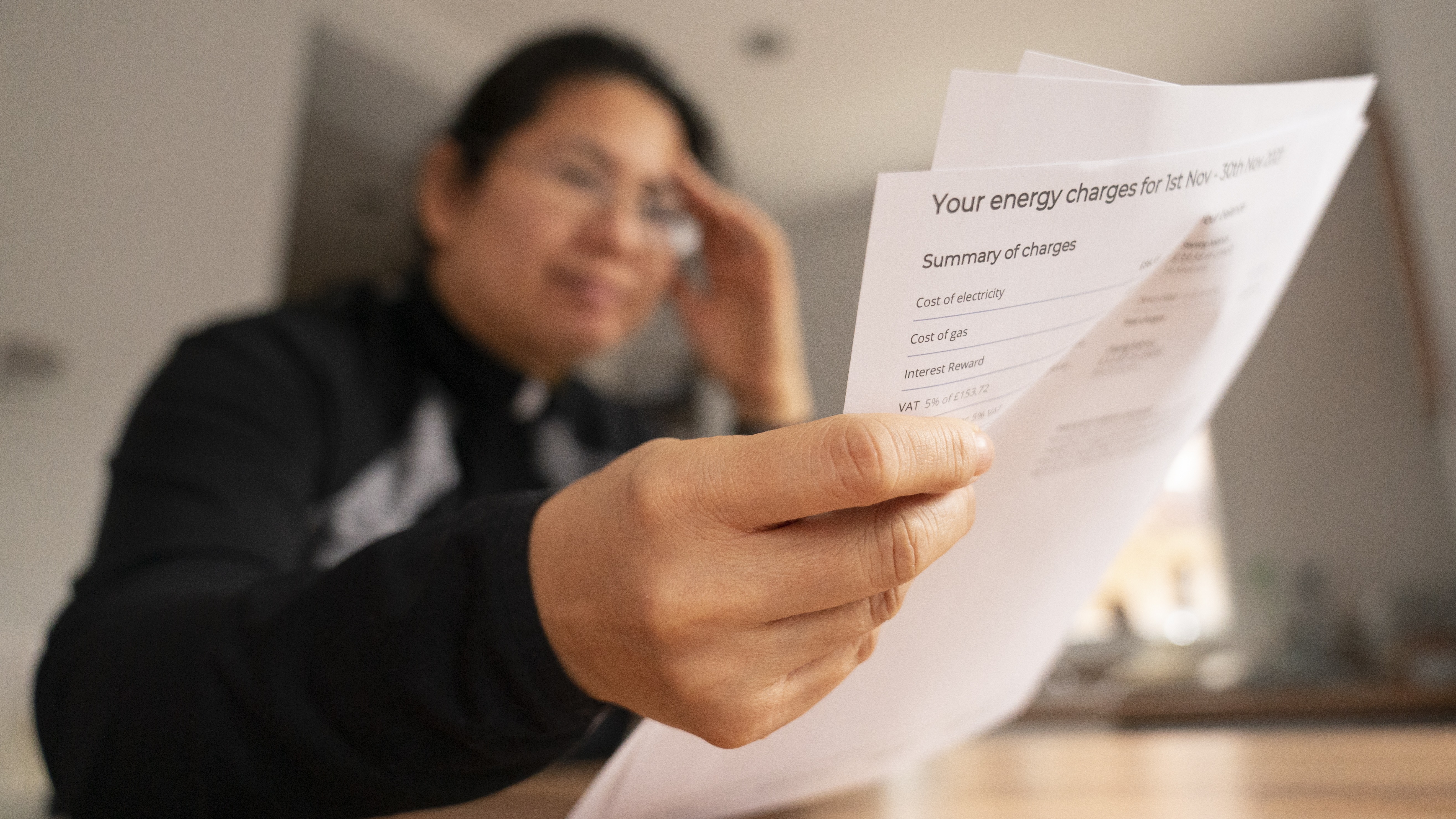The first plume of black smoke rose from the Sistine Chapel chimney on Wednesday night, as ITV News’ Europe Editor James Mates and ITV News Correspondent Sejal Karia report from the Vatican
Catholic cardinals have begun the second round of voting in the Sistine Chapel to try and elect a new pope.
After spending the night sequestered at the Vatican residences, the 133 cardinals will take part in two ballots on Thursday morning and then two in the afternoon.
This will continue each successive day, until a winner is found, with the necessary candidate requiring a two-thirds majority, or 89 votes.
The first day of voting in the secretive papal conclave failed to elect a new pope as black smoke was seen rising from the Vatican chimney.
The longest conclave lasted over two years in 1268 and is also thought to be the first “true” conclave conducted under rules we would recognise from today’s papal elections.
Cardinals said this week they expected a short conclave, although this could still take several rounds of voting.
The first sign a new pope has been chosen will be white smoke emerging from the chimney.
Once a Pope is elected, he will be led to the “Room of Tears”, a small room next to the Sistine Chapel where he dons the white papal vestments for the first time.

The person who is selected to become the next pope will almost certainly be one of the 133 cardinals within the conclave, and there is a lot of speculation about who that will be.
There are some real-world geopolitical concerns to take into consideration.
The Catholic Church is growing in Africa and Asia, both in the number of baptised faithful and vocations to the priesthood and women’s religious orders.
It is shrinking in traditionally Catholic bastions of Europe, with empty churches and the faithful formally leaving the church in places like Germany, many citing the abuse scandals.
Pope Francis was the first Latin American pope, and the region still counts the majority of the world’s Catholics.
Subscribe free to our weekly newsletter for exclusive and original coverage from ITV News. Direct to your inbox every Friday morning.
If, after three days no winner has been chosen, voting is paused for one day of prayer, informal discussions, and a brief spiritual exhortation by the senior cardinal deacon.
Voting then resumes. After every seven additional rounds without success, another pause and exhortation follow – first by the senior cardinal priest, and later, if necessary, by the senior cardinal bishop.
If still no pope is elected after 21 votes, a final pause for prayer, dialogue, and reflection is observed. At this point, voting continues – but the cardinals may only choose between the two candidates who received the most votes in the previous round.
Even then, a two-thirds majority is still required, and the two candidates in question are not allowed to vote.
Want a quick and expert briefing on the biggest news stories? Listen to our latest podcasts to find out What You Need To Know…
Follow STV News on WhatsApp
Scan the QR code on your mobile device for all the latest news from around the country





























